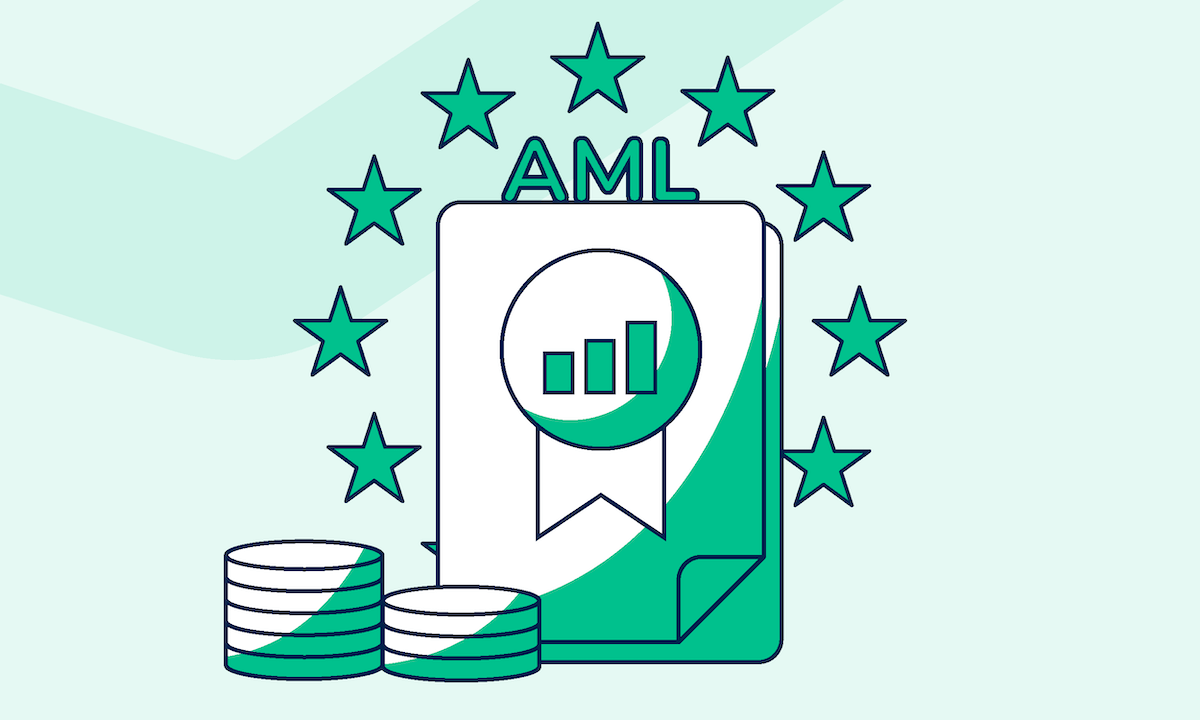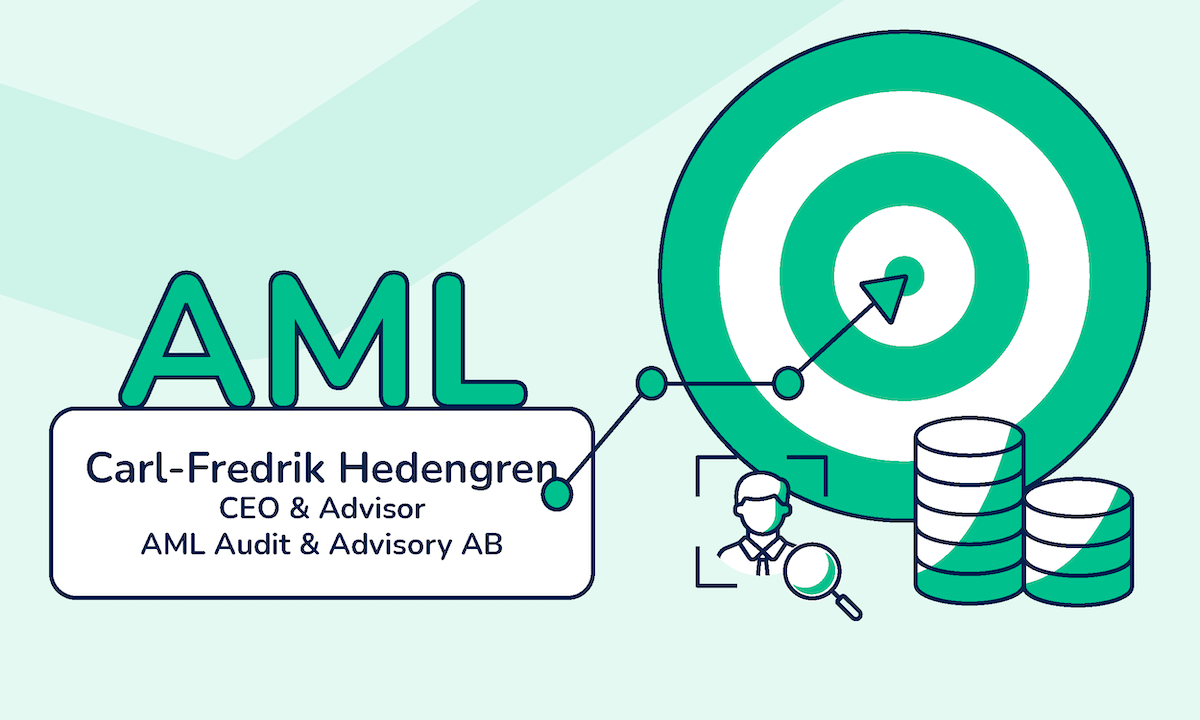Digital signatures are broadly used today for the great benefits they provide to companies worldwide.
In this article, we will go through the main advantages of digital signatures and the reasons why they are a cost-effective investment for companies that are still relying on paper-based document processes.
1. Higher security
Digital signatures are built on PKI technology, a form of encryption through which the signature becomes part of the final document and cannot be modified or removed.
When signing digitally, the signers identify themselves via national electronic IDs. eIDs are more and more used to access public and private services online, so your customers will also perceive it as a trustworthy means of identification.
Moreover, when someone creates a digital signature, the time and IP location are recorded in an audit trail embedded within the document. The only legal proof you need in court is the digitally signed PDF.
2. Legal compliance and wide acceptance
One of the great advantages of digital signatures is that they are enforceable in just about every developed country worldwide.
Does your firm ever operate outside of national borders? Do you have customers, partners, or suppliers abroad? All the more reasons to use digital signatures since they are as legally binding as their handwritten counterparts.
In the European Union, digital signatures are considered the most secure type of e-signatures and can be used to sign most documents.
3. Time savings
Paper-based document transactions fill your day with manual tasks such as drafting, printing, scanning, and mailing. Not to mention it takes days or sometimes even weeks to get them signed and returned. And if a signature is missing, you need to spend even more time to call for answers, resend, and wait again.
Digital signing processes automate manual work and reduce the long wait to a few hours.
“With more than 3,000 contracts and agreements per month, we have calculated that we free up the equivalent of 385 hours of work with our employees. They can focus on servicing our customers and tenants instead of spending time on, for example, packing letters and stamping them.” – Thomas B. Skræddergaard, Head of IT at DEAS
4. Workflow automation
Paper processes require coordination, accuracy, and manual tracking. Especially when you need to ensure that the documents are signed in a certain order and data confidentiality is protected.
When people manage paperwork, errors can occur. Delays, mistakes, and the risk of violating policies are a natural part of the process. But they are cut out when using a digital tool that makes the workflow standardized, consistent, and error-free.
5. Cost savings
To get a standard 10-pages contract signed by three parties, a company usually spends € 6.15.
| Paper | € 0.3 |
| Printing/scanning | € 1.06 |
| Delivery | € 1.80 |
| Filing, searching, retrieving, recreating | € 0.72 |
| Storage, control, disposal | € 2.23 |
| Total | € 6.15 |
As the number of transactions grows, the economic convenience of going digital increases. In the table below, we’ve combined the findings of a series of studies carried out in the US showing the savings an average medium-sized firm can gain by switching from paper to digital processes.
| No. transactions | Cost/year of paper-based signing processes | Cost/year of Penneo Sign | % of savings from switching to digital signatures |
|---|---|---|---|
| 1 | € 6.15 | € 1.344 | N/A |
| 1/day | € 1.230 | -9% | |
| 10/week | € 3.198 | 58% | |
| 20-30/week | € 6.396-9.594 | 79-86% | |
| 10-20/day | € 12.300-24.600 | 90-95% | |
| Over 30/day | € 36.900-more | 97%-more |
6. Happier end-users
Digital signatures also benefit your clients, partners, and stakeholders. Instead of physically visiting your branch, office, or store, they can sign from anywhere, on any device, and at their own pace.
And besides resulting in faster turnarounds, this better experience translates into higher satisfaction and customer retention.
7. Better company image and CSR
Digital signatures help reduce your business’s environmental impact. According to the Minnesota Office of
Environmental Assistance, the average office worker annually uses 20 reams of paper (10,000 sheets).
On the other hand, we’ve estimated that, since 2014, we’ve helped save over 74 tons/2 million sheets of paper per year.
You too can be part of the change and reap the advantages of digital signatures. Get a free trial of Penneo today!





